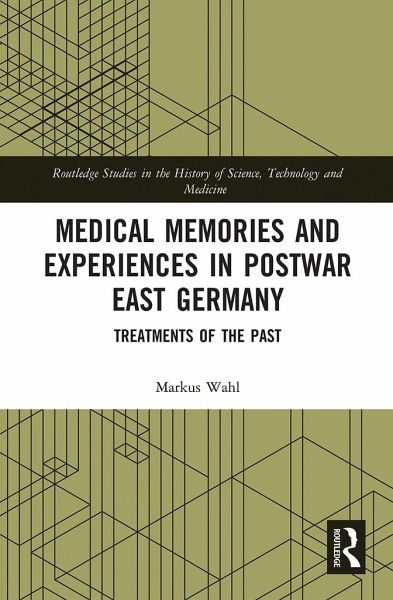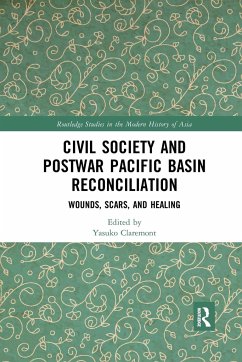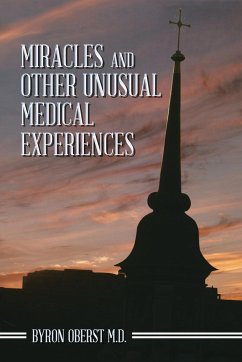
Medical Memories and Experiences in Postwar East Germany
Treatments of the Past
Versandkostenfrei!
Versandfertig in 1-2 Wochen
55,99 €
inkl. MwSt.
Weitere Ausgaben:

PAYBACK Punkte
28 °P sammeln!
This book draws on the example of the major cities of Leipzig and Dresden to illustrate continuity and change in public health in the German Democratic Republic. Based on archival work, it will demonstrate how members of the medical profession successfully manipulated their pre-1945 past in order to continue practising, leading to persistence in the social conception of medicine and disease after Communism took hold. This was particularly evident in attitudes towards and treatment of sexually transmitted diseases and the pathology of deviant behaviour among young people.














